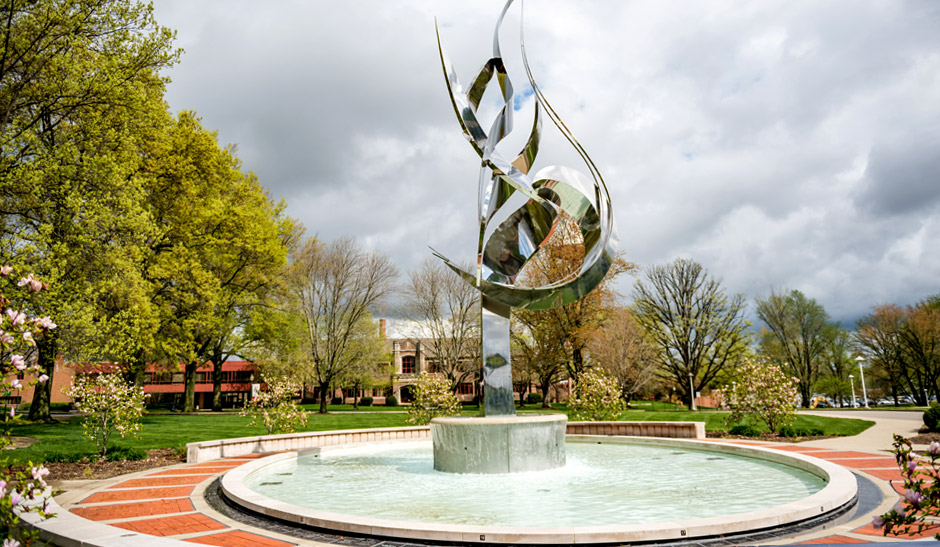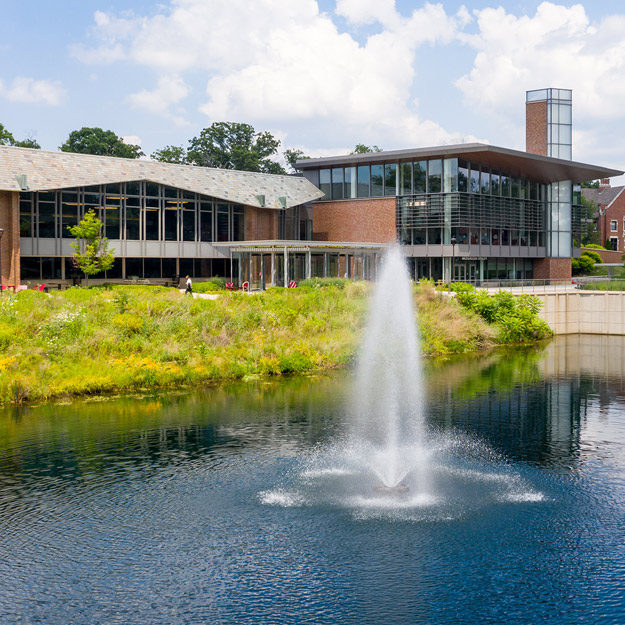Rose Hulman Course Catalog
Rose Hulman Course Catalog - These courses may be chosen from the hssa offerings, within the restrictions below. Characteristics of transportation modes, interactions between modes, and mode interfaces; Study of transportation functions and transportation systems; Em204 statics and mechanics of materials ii; The course continues to develop concepts from che 201 and provides a more extensive treatment of energy balances. Em121 statics and mechanics of materials i; It contains information about every area and function of the college, including admission requirements, tuition and fees, student activities, degree programs, faculty and staff, course descriptions and prerequisites, and much more. Topics include stoichiometry, nomenclature, phases, and writing balanced chemical equations. Es202 thermal & fluid systems; Quantum theory is introduced in relation to chemical applications. These courses may be chosen from the hssa offerings, within the restrictions below. Applications of the principles of conservation of mass and energy to reactive and transient systems will also be addressed. Social, environmental, technological, economic, and public policy impacts; Quantum theory is introduced in relation to chemical applications. It contains information about every area and function of the college, including admission requirements, tuition and fees, student activities, degree programs, faculty and staff, course descriptions and prerequisites, and much more. Es202 thermal & fluid systems; Characteristics of transportation modes, interactions between modes, and mode interfaces; All students must take a minimum of nine courses (36 credits) in humanities, social sciences, and the arts (hssa) to graduate from the institute. Topics include stoichiometry, nomenclature, phases, and writing balanced chemical equations. Me422 intro to finite element fundamentals; Topics include stoichiometry, nomenclature, phases, and writing balanced chemical equations. Study of transportation functions and transportation systems; All students must take a minimum of nine courses (36 credits) in humanities, social sciences, and the arts (hssa) to graduate from the institute. Techniques of transportation system planning, design, and operation, with an emphasis o. Es201 conservation and accounting principles; Es202 thermal & fluid systems; Study of transportation functions and transportation systems; Em204 statics and mechanics of materials ii; Em121 statics and mechanics of materials i; Applications of the principles of conservation of mass and energy to reactive and transient systems will also be addressed. It contains information about every area and function of the college, including admission requirements, tuition and fees, student activities, degree programs, faculty and staff, course descriptions and prerequisites, and much more. Social, environmental, technological, economic, and public policy impacts; The course continues to develop concepts from che 201 and provides a more extensive treatment of energy balances. Techniques of transportation. The course continues to develop concepts from che 201 and provides a more extensive treatment of energy balances. Characteristics of transportation modes, interactions between modes, and mode interfaces; Applications of the principles of conservation of mass and energy to reactive and transient systems will also be addressed. Me422 intro to finite element fundamentals; Study of transportation functions and transportation systems; The course continues to develop concepts from che 201 and provides a more extensive treatment of energy balances. Study of transportation functions and transportation systems; All students must take a minimum of nine courses (36 credits) in humanities, social sciences, and the arts (hssa) to graduate from the institute. Techniques of transportation system planning, design, and operation, with an emphasis. Characteristics of transportation modes, interactions between modes, and mode interfaces; Em121 statics and mechanics of materials i; All students must take a minimum of nine courses (36 credits) in humanities, social sciences, and the arts (hssa) to graduate from the institute. It contains information about every area and function of the college, including admission requirements, tuition and fees, student activities,. Es202 thermal & fluid systems; It contains information about every area and function of the college, including admission requirements, tuition and fees, student activities, degree programs, faculty and staff, course descriptions and prerequisites, and much more. Applications of the principles of conservation of mass and energy to reactive and transient systems will also be addressed. Me422 intro to finite element. Es202 thermal & fluid systems; Applications of the principles of conservation of mass and energy to reactive and transient systems will also be addressed. Me422 intro to finite element fundamentals; Characteristics of transportation modes, interactions between modes, and mode interfaces; Social, environmental, technological, economic, and public policy impacts; It contains information about every area and function of the college, including admission requirements, tuition and fees, student activities, degree programs, faculty and staff, course descriptions and prerequisites, and much more. Social, environmental, technological, economic, and public policy impacts; Topics include stoichiometry, nomenclature, phases, and writing balanced chemical equations. The course continues to develop concepts from che 201 and provides. Es201 conservation and accounting principles; Characteristics of transportation modes, interactions between modes, and mode interfaces; Em204 statics and mechanics of materials ii; It contains information about every area and function of the college, including admission requirements, tuition and fees, student activities, degree programs, faculty and staff, course descriptions and prerequisites, and much more. Quantum theory is introduced in relation to. Em121 statics and mechanics of materials i; Me422 intro to finite element fundamentals; Techniques of transportation system planning, design, and operation, with an emphasis o. The course continues to develop concepts from che 201 and provides a more extensive treatment of energy balances. Characteristics of transportation modes, interactions between modes, and mode interfaces; Em204 statics and mechanics of materials ii; Es201 conservation and accounting principles; Topics include stoichiometry, nomenclature, phases, and writing balanced chemical equations. Applications of the principles of conservation of mass and energy to reactive and transient systems will also be addressed. These courses may be chosen from the hssa offerings, within the restrictions below. Study of transportation functions and transportation systems; All students must take a minimum of nine courses (36 credits) in humanities, social sciences, and the arts (hssa) to graduate from the institute.Everything you need to know about Rose Hulman Institute of Technology
Mechanical Engineering Academic Departments RoseHulman RoseHulman
Strategic Plan RoseHulman
Mechanical Engineering Academic Departments RoseHulman RoseHulman
150 Years RoseHulman
About Us RoseHulman
Visit RoseHulman RoseHulman
RoseHulman Institute of Technology
RoseHulman Institute of Technology
Building A Legacy RoseHulman's Engineers Without Borders Chapter
It Contains Information About Every Area And Function Of The College, Including Admission Requirements, Tuition And Fees, Student Activities, Degree Programs, Faculty And Staff, Course Descriptions And Prerequisites, And Much More.
Quantum Theory Is Introduced In Relation To Chemical Applications.
Social, Environmental, Technological, Economic, And Public Policy Impacts;
Es202 Thermal & Fluid Systems;
Related Post:









